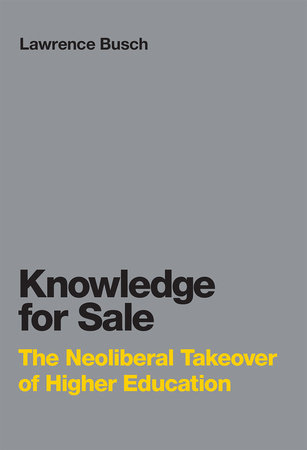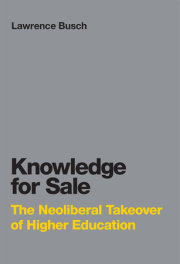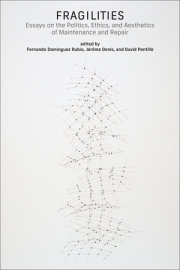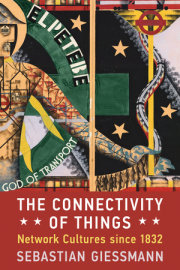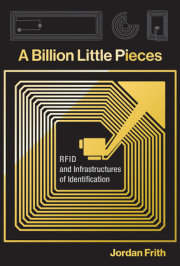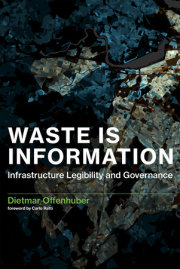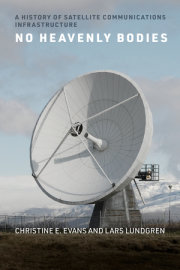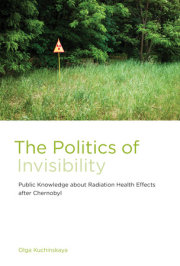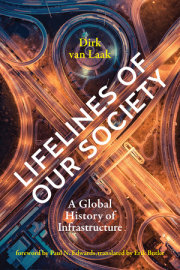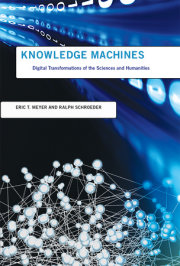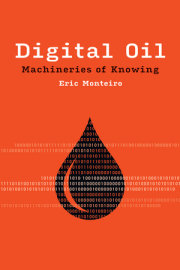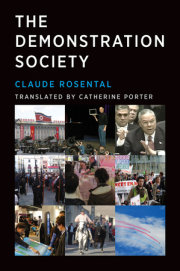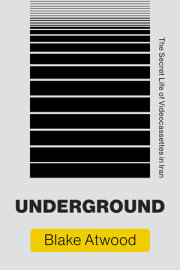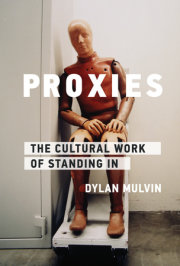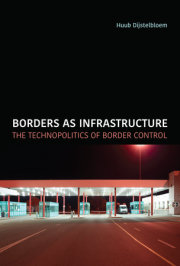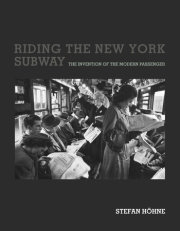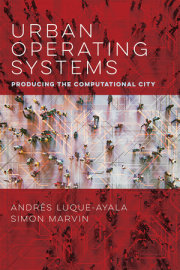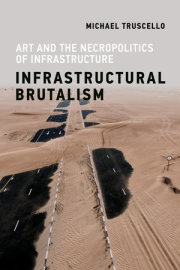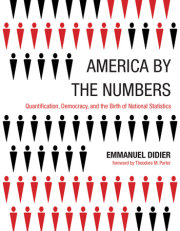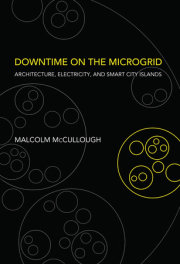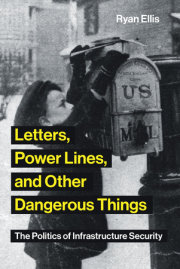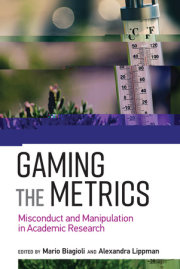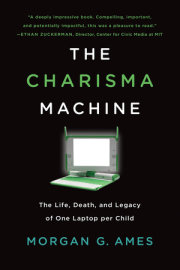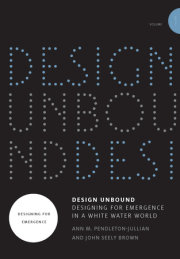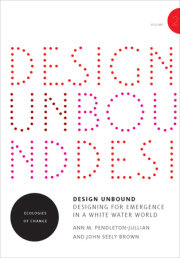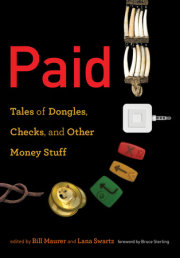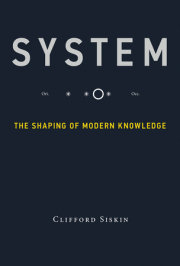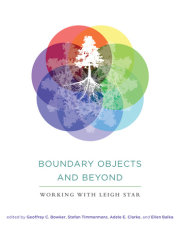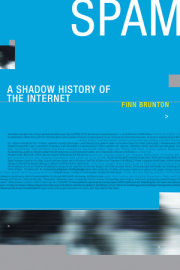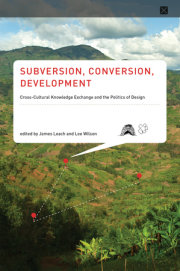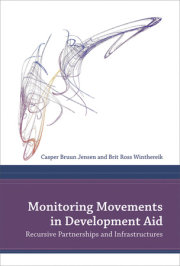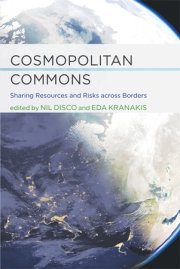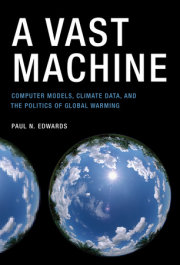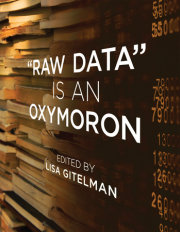Preface to the English Language Edition xi
Acknowledgments xix
The Market for Knowledge 1
Crises 3
Climate change 3
Rising and more volatile food prices 4
Water shortages 5
Rising energy costs 5
Widespread obesity 6
Financial crises 7
Liberalisms and Neoliberalisms 11
Human knowledge is always limited 15
An irrefutable logical model can transcend the limits of human knowledge 15
Institutions must be reshaped so as to fit the logical model 17
The ability of States to intervene in markets must be limited 17
Social justice as both a concept and a set of policies is rejected as a mirage 18
Selves are to be reconstructed as isolated and entrepreneurial 18
Beyond Neoliberalisms 21
The self is social 21
Each institution promotes certain kinds of selves and rejects other kinds 22
People, institutions, and things make society together 23
Communities of scholars and invisible colleges are essential to the creation of knowledge 24
Markets are forms of governance 24
Educated citizens are essential for democracy; without democracy, liberty is illusory 26
Addressing the crises that confront us requires that we imagine, debate, and enact new futures 26
Administration 31
Changing roles and increasing numbers of administrators 32
Shift from academics to managers as administrators 39
Creation of administrative careers 39
Growth in salaries of top administrators 39
Growth in advertising and marketing of universities and research institutes 40
Growth in numbers of part-time and temporary (adjunct) faculty
41 Changing sources of university and research institute financial support 42
Universities by the numbers 43
Education 49
From public good to private good 49
Shift from public support for higher education to individual support 52
Massive Open Online Courses (MOOCs) 55
A decline in foreign language instruction 56
Education solely as a means of maximizing one’s salary 57
Growth in testing and standardizing of knowledge 58
Plagiarism 61
Dumbing down higher education 62
Research 65
Counting publications 65
Counting citations 67
Checking prestige of journals 71
Downgrading of books and book chapters 74
Competing for grants 75
Greater incidence of fraud 77
Ghost and honorary authorship 78
Forced citations by journal editors 79
Rising costs of journals as a few publishers corner the market 80
Conflicts of interest in research 81
Changes in intellectual property rights 84
Public Engagement and Extension 91
Decline in public support 92
Growth of private extension-like services 93
Wider gap between research and extension 93
Decline of public interest research 94
Rise of strongly ideological think tanks 94
Consequences 97
Higher education is being rapidly altered 97
Research is more and more dominated by immediate (often economic) ends 98
Increasing corporate domination of the research enterprise 99
Discouraging innovation and high-risk research 100
The university as a growth machine 101
Isolated scholars and organizational solidarity 101
Can Our Universities and Research Institutes Address These Crises? 107
What kinds of universities and research institutes do we want? 107
How can we grapple with the wicked problems facing us? 108
Remembrance of Things Future: Some Specific Proposals for Change 109
Make universities and research institutes (more) secure places 111
Make universities and research institutes into models of democracy, deliberation, and discourse 116
Help build more sustainable societies 118
Better integrate research and education 122
Recognize the importance of slow scholarship 122
Bring the arts and humanities back in 124
Teach each other and various publics 125
Perform differently 126
Conclusion: Toward a Plural World 131
Notes 135
References 139

